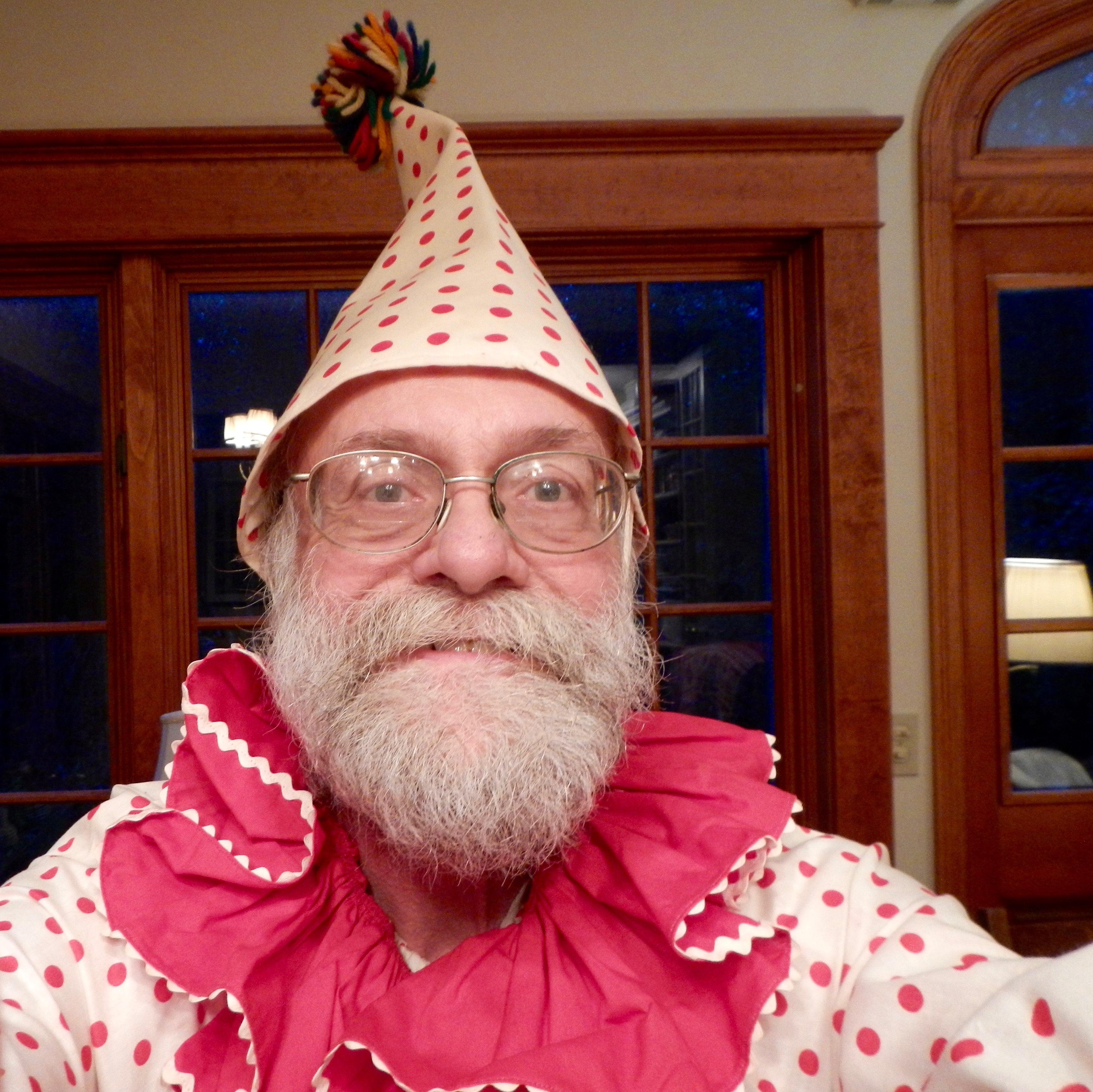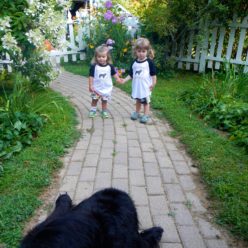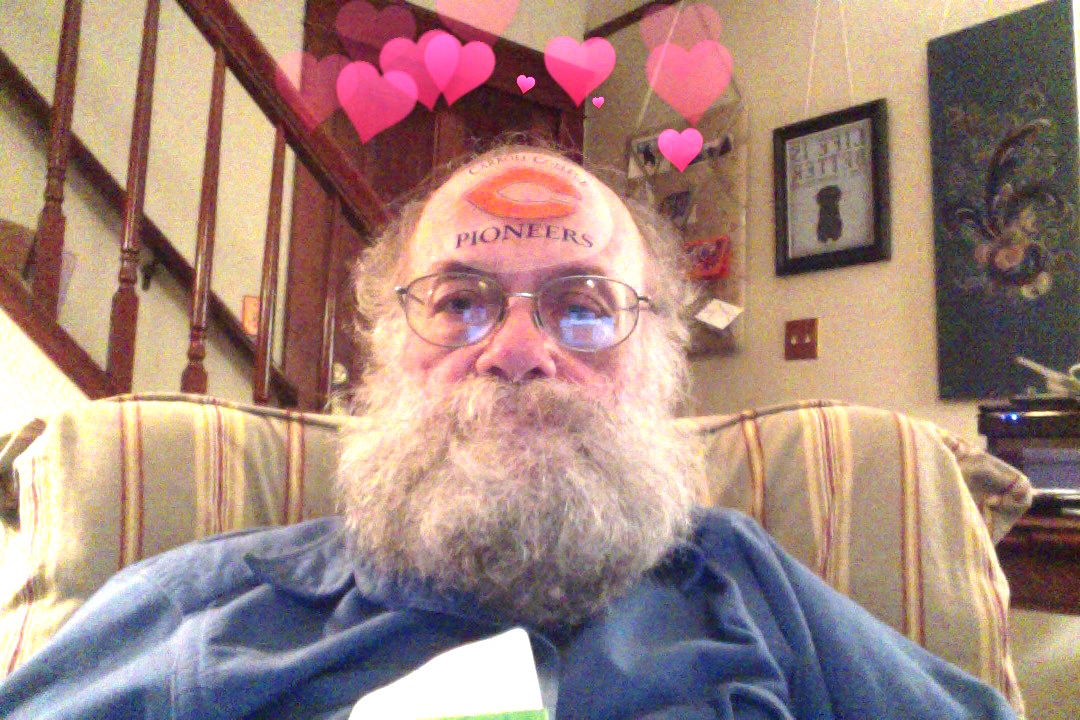
Just finished reading an eclectic, creative book from the Bloombury Literary Studies “Object Lessons” series by colleague John Garrison about Glass. I always enjoy reading things written by individuals who write better than I, see things which I don’t, and who alter my myopic perspective.
John’s “object lesson” for some reason triggered my thinking again about (over) use of platitudes in higher education such as “transparency,” “engagement”, “empowerment,” and “moving forward.” I have ranted about this before in the context of my perceptions about over zealous “branding.” Maybe my hypersensitivity (?) to these issues is caused by the joy of knowing people like John and poet BJ Best who remind me of the beauty of language. Maybe I just am in need of the forthcoming Thanksgiving family celebration.
Tag: language
¿Puedo aprender más español?: Aventuras de un viejo profesor de psicología
As I have written elsewhere, I have a long fascination with language and language learning and find very useful the compilations that Jane Hart makes of language learning resources. I continue to be wary of language translation software though it seems to becoming better and better. On my short list is to investigate Duolingo.
A student (Luis E.) recently shared with me some preliminary results of some research he is doing as part of an internship in Milwaukee. He showed me a survey which he had designed and a web page he had created that clearly showed evidence of his talent, his potential, and some possible ways we could learn together—and I could learn from him.
Finally I might have an excuse to see whether there are any traces of the Spanish I learned at Howland High School and the 24 credit hours of Spanish earned at Oberlin College and Guanajuato, Mexico.
Doy la bienvenida a tus comentarios — especialmente aquellos de ustedes que hablan español!
Nifty Shades of Buzz-Transparently Attempting to Engage the Reader as I Move Forward with Rebranding:)
George Orwell fascinates me on a number of accounts—his mastery of language, his prescience, and his outlook about politics. While I was faculty president, I gave copies of his book to people as a reminder of the chilling threats and effects of totalitarianism and the dangers of doublespeak. Lewis Carroll, though more playful, also is masterful with language and with alerting us to the the dangers of when illogic becomes the norm and when language is misused and abused. I find my institution’s decisions a few year’s ago to redefine the word “department” in our Carroll argot and the changing of our name from “college” to “university” Humpty-Dumpty-like. And the “buzzwords” and evolving (sometime assaulting) lexicons creeping into our everyday discourse are painfully annoying, hinder communication and add many shades of gray to my beard. I am abuzz with buzzwords
Buzz:
- hum
- murmur
- high
- bombination
- drone
- purr
- whirring
- sibilation
- hiss
- whiz
- sigh
- rustle
- sough
- rumor
- report
- gossip
- heresay
- scuttlebut
- scandal
- small talk
- chitchat
- fizzle
- sizzle
- Look here for more here:
It is interesting how the “buzzwords” (e.g. transparency, branding, moving forward, engagement, buzz) have positive connotations for some professionals and create a need create a need for a swear jar or playing buzz word bingo for others.
Gotta buzz the dog outside before buzzing a friend to see if he wants to play buzzword bingo tomorrow. Or maybe I’ll buzz over to Melibee to read some of their wonderful posts about global issues and making the world a better place.
Nuanced monologue: I’ve been talking to my computer a lot lately—and sometimes it talks back.
I’ve been talking a lot to my computer lately since I installed on my Mac the Mavericks Operating system. I have been quite impressed by the dictation accuracy of Nuance’s Dragon Dictate and the degree to which I can use voice commands to control the machine. Over the past 40 some years I have followed with interest developments in “communication” between humans and computers. In the 60’s I interacted with Eliza, the Rogerian therapist and in the 70’s the Talking Moose resided on my early Macs—useful toys. But the capabilities of software to “read” text, translate simple conversations, and follow voice commands has dramatically improved since then and become useful in my work. What was once fiction (e.g. The Circle, 2312, Lexicon) is much closer to (dystopian) reality. The challenge remains how to let technology be a tool controlled by (rather than controlling) me. It is easy to be seduced by the WOW factor.
So far I have not QUITE formed a “singular” “SIRIous” emotional relationship with “her” nor discussed serious religious beliefs . Now, my relationship with books is another matter!
Three Questions Raised from Attempting to Create a Virtual Cultural Immersion Course
I’ve been thinking a lot about language learning lately. To what degree is being limited only to one’s native language a barrier/handicap to international travel and to international/cross-cultural understanding? Less than I thought.) Is there value in attempting to master another language? (Absolutely but there are constraints of time and pragmatics.) How good are extant software translation programs? (The applications are getting better and better but don’t believe all that is promised unless you—and the person you are communicating to—have a good sense of humor). Obviously the answers to these questions are not as simple as my parenthetical replies imply. However, I’ve been thinking deeply about these issues this semester as I’ve widened the horizons of my students and of me through creating a pilot virtual cultural immersion course. My thinking has been especially stimulated by the fascinating work of Ms. Irma Milevičiūtė and her International PenPals Club project in Lithuania.
I’ve travelled abroad three times and clearly am overdue to travel abroad again. While attending Howland High School in Ohio I traveled with the Spanish Club to Portugal and southern Spain. It was a whirlwind, two-week “tourist-oriented tour” with very little interaction with native speakers (Qué lastima!). At Oberlin College I experimented with different majors of study (English, then Communications, then Spanish, ultimately psychology—ah, the joys of a liberal arts education). While an undergraduate there I lived for a summer in Mexico studying at the University of Guanajuato. All my classes taken there (e.g. “Spanish Golden Age Theater”, “History of Mexico”) were taught in Spanish by natives, and I lived in a boarding house where no one spoke English (though I had an American roommate and a number of American classmates from several other colleges and universities). During my third year of graduate studies at The Ohio State University where I was pursuing Masters and PhD degrees in Experimental Social Psychology I joined my graduate school adviser, Tom Ostrom, who was a distinguished visiting professor at the University of Bergen, Norway for 6 months of research and study. Though I took a language course there (Norwegian for Foreigners)—and proudly possess a certificate for attempting to master the language, all my daily interactions were with English-speaking Norwegian faculty and students. The 6 months of study and travel there resulted in friendships which remain today, a much deeper appreciation of another culture, and a humbling of what I what I knew.
Unfortunately as a youth I almost had my interest in learning another language destroyed by the results of a misinterpreted psychological test. I recall being devastated by the experience of being told that I had “failed” a foreign language aptitude test. The “failure” probably was one factor motivating me to attempt to learn foreign languages in High School and eventually, to studying psychology (to better understand why children succeed or fail and the effects of labels on performance). In high school I took two years of Latin (thank you, Mrs Bode—Gratias tibi ago!) culminating with obtaining the highest score in the State of Ohio on a standardized test. Though, alas, I was not nominated for Pope nor have I yet traveled via Time Machine— the discipline of learning Latin and about the Roman culture was enriching and rewarding. It no doubt facilitated my two years of study of Spanish culminating in my achieving the highest score in the State of Ohio in that language. In both cases, though, it was a combination of excellent teachers, a supportive academic environment, an opportunity to learn about the culture and its literature, music, art, theater, politics, history, customs, and its cuisine that was vital to my learning. No doubt other factors contributing to my success were supportive parents, friendly competition with my Howland High school peers and my Big Sister, Connie Sue!
Good luck Beatrice, Kristijonas, Meda and Davidas in the international English language Amberstar competition whose results are due any day now. Thank you Katerina (from Kurgan), Hersonia (from Mexico), Reidar (from Norway), and especially Irma (from Lithuania) for your many acts of kindness, good humor, and inexhaustible patience with this curious professor as he attempts to become more globally educated and aware. Research shows that bilingualism has so many advantages over above the pragmatic. I am indebted to you for lessons learned and I admire, respect and envy you.

